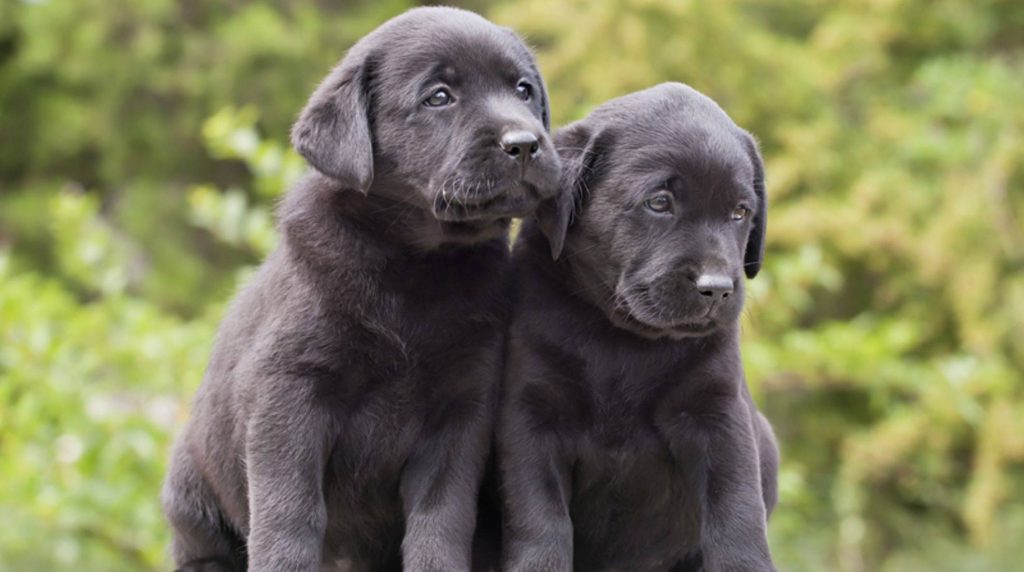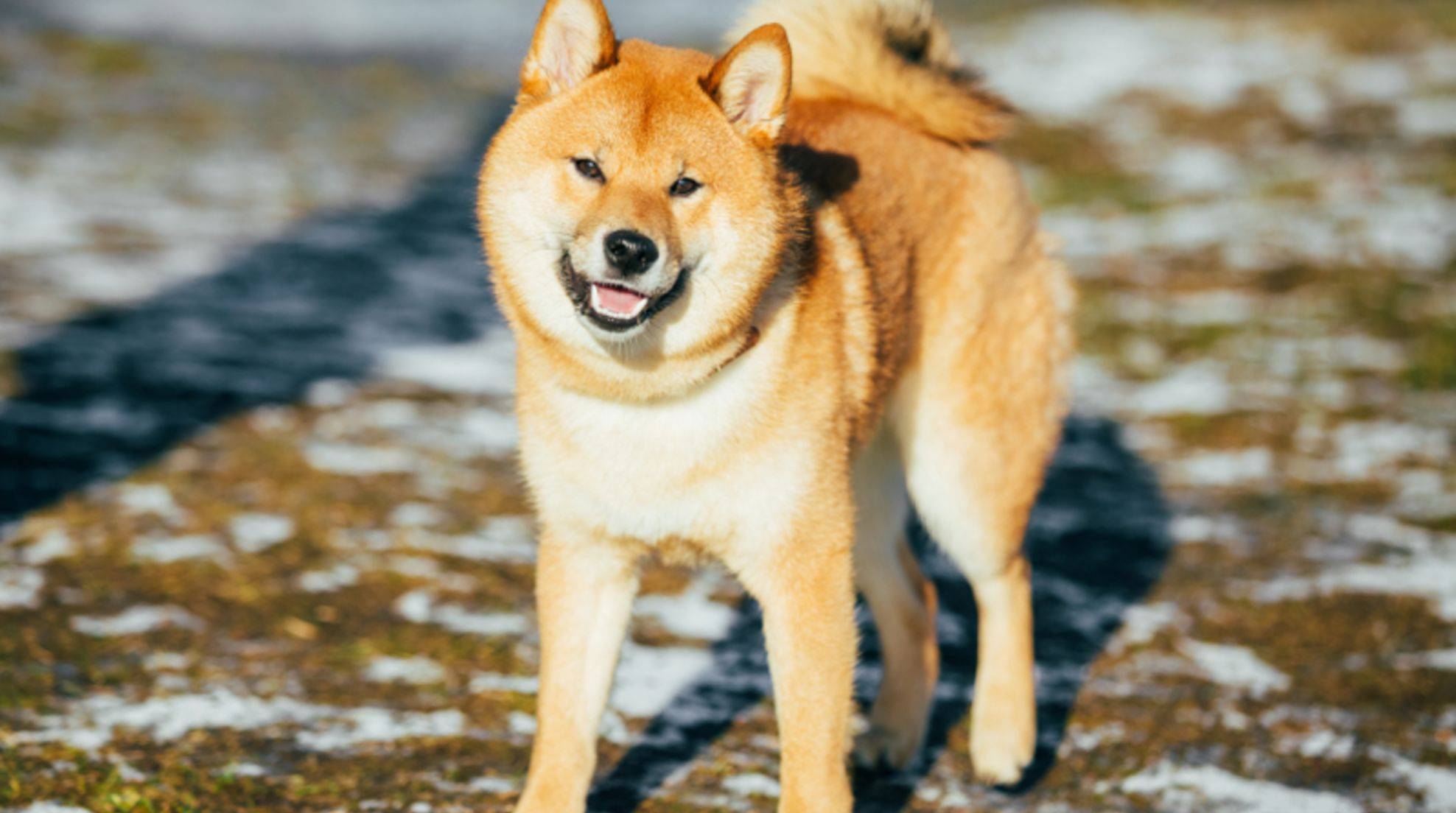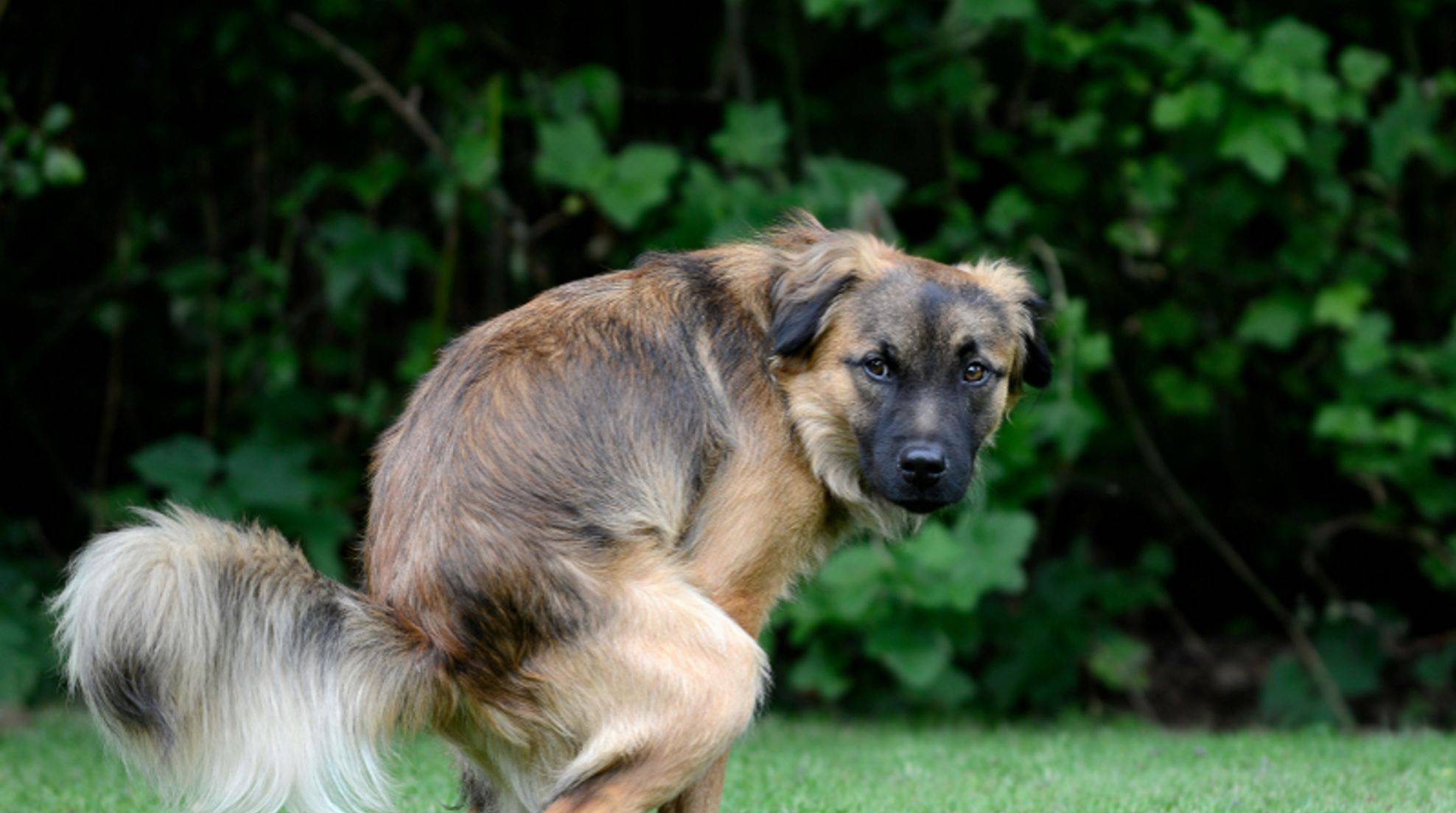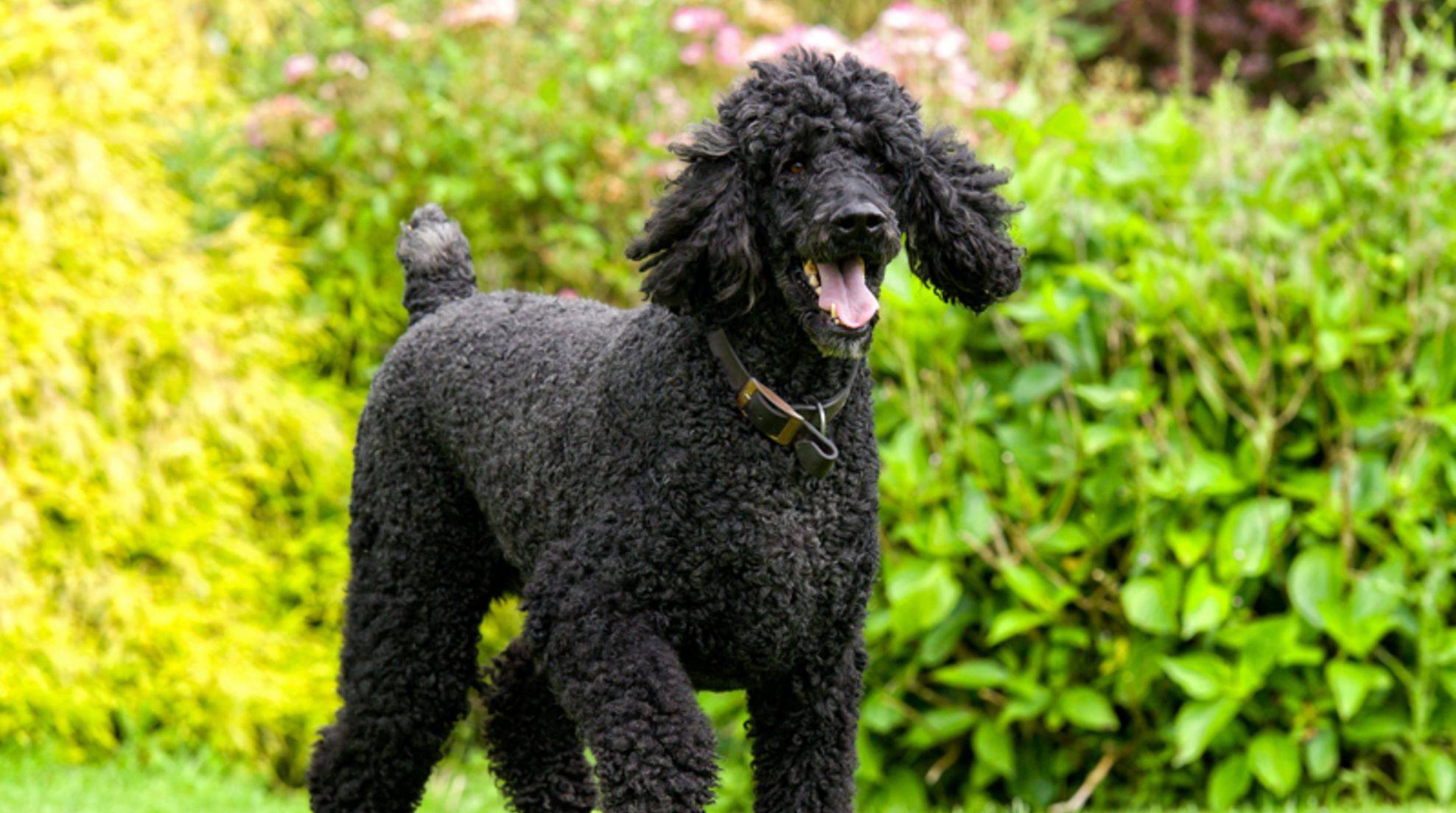At what age does dog training begin?
Dog training begins at a very young age when the four-legged friends are still puppies. However, there is the right time for everything a dog needs to learn in his life.
For the basic commands of dog training, a small puppy is not yet at the right age. This comes only later when the young quadruped has learned who his master and mistress are, where he may do his business and his sleeping place.
Early dog training for small puppies
A severe dog breeder already takes care of the tiny puppies with a dog education suitable for them. The mother of the tiny ones is there for them, but even dog babies must already learn that they can trust people, children, and other pets. At that age, they should also learn about everyday noises such as vacuum cleaners, clattering cookware, falling objects, and getting used to driving a car, their carrier, and being carried.
If the four-legged addition to the family comes to your house, you must teach him who his new confidants are. The dog must rely on you, so be consistent, fair, and loving even during puppy training. Use hand and body signals and vocal modulation to teach your puppy to pay attention and listen to you at a young age. Show the newcomer where he can sleep and where his food bowl is and set up a corner to defecate. You can also teach the little newcomer housetraining.
The right age for basic commands
Before the seventh month of life, the puppy still has to learn too many other basic rules, orient itself in its new home with its new caregivers, and can not yet concentrate so well. It is not until around six to seven months of age that dogs are receptive to basic commands such as “sit,” “down,” “stay,” and “heel.” Praise the dog when he does something right and uses positive reinforcement this way. Take time every day for dog training, no matter what age your animal friend is. Play with him, go for walks and make clear announcements.
The latter is especially true for young dogs going through puberty, which is around the eighth month of life. Like human teenagers, they test their limits, see how far they can go, and need remarkably consistent training. Clarity and consistency, however, are not synonymous with harshness. Instead of harsh words and punishments, patience and reassurance are needed. Divide the training lessons into individual, concrete training steps and practice rather only briefly, but several times a day, each “lesson” until your quadruped masters it. Only then continue with the curriculum.
If you want to do dog sports with your four-legged friend that are physically demanding – for example, agility or pulling dog sports – wait until he is fully grown. Otherwise, the unaccustomed movement can be strenuous on the joints when the quadruped is still growing.
Dog training in old age
Even adult and older dogs can still learn, even if it may take a little longer if undesirable behavior had already been established before. Of course, even senior dogs can still be taught tricks in an age-appropriate manner. In old age, they are usually no longer as physically nimble and agile as they were in their younger years, but they are happy when they are allowed to use their head or make use of their excellent nose, for example, in nose work and search games.








